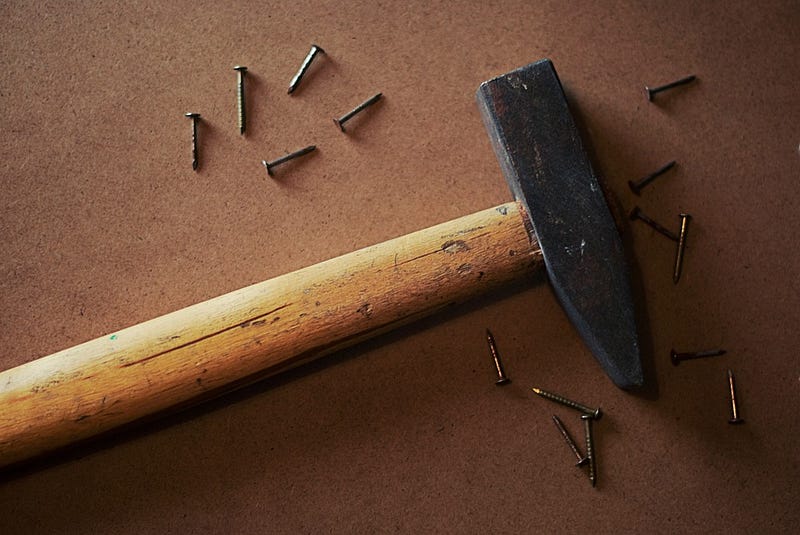
A Quick Note on How We Look at Lifelong Education
I’ve never been much of a collector. I have a few boxes of comic books in my basement, but they’ve all been read, and most aren’t bagged and boarded. I have exactly three pieces of sports memorabilia. All of the stamps I have are reserved for the snail mail I still have to send out. To me, acquiring a bunch of items for the purpose of having acquired them didn’t put the wind in my sails.
But this is clearly not the case for many people. There are entire industries built around those who collect — those who derive genuine joy from amassing and displaying things and multiples of things. I don’t understand it exactly, but I respect the hell out of it. It takes a lot of work.
Lists, Books, and Collectible Knowledge
Lifelong learning is all the rage these days. Blogs, ebooks, and conferences abound these days with the purpose of providing new and useful information to people. Lists of books to read, blogs to follow, and newsletters to subscribe to are constantly being published. It can be overwhelming on two fronts:
- Which books, blogs, newsletters, and courses are actually worth my time? I can’t subscribe to them all! I don’t have time to consume them all!
- What am I missing out on? Could a book on a list that I haven’t seen have been the one that changed my life and made me wildly successful? Aaargh!!!!
These are real concerns for those of us who no longer face other anxiety-inducing issues — like where our next meal is coming from. I don’t say this to belittle the feeling. I get it too, from time to time. But I recently realized something that has helped me put it into context, and become less worried about which learning resources I consume, and what I might be missing.
You see, the worries I listed above are not that different from the worry of a really obsessive collector. The concern is more about collecting bits of things (information) and not about making something.
Lumber and Nails are Not a House
That’s the thing. You see, knowledge is not something you gather and collect, it’s something you make. You forge it out of information that you have connected with principles and concepts. So no amount of reading and information consumption will make you more intelligent, if you don’t do the work of making connections, and thus creating a lasting fabric of knowledge.
I think a mistake that we often make is to view learning as collecting, rather than connecting. You collect information, but you can only gain knowledge by connecting that information.
To illustrate what I mean here, imagine that you would like to build a house for you and your partner. You get a list and put on it all of the materials you’ll need: lumber, nails, drywall, shingles, siding, etc. You order it all, as well as the tools you’ll need, and have it dropped in the empty lot where the house will be. You now have all of the pieces of the house, ready to go. But you still don’t have a house.
To have a house requires more than just the materials that constitute it — it requires the work of building. That work is the work of connecting, putting together, supporting, and cutting to fit. Through that work, the materials come together to make a shelter — something that when they were apart, they never were.
That’s basically how knowledge works. You can gather all of the relevant information, organize it in your brain, and get all the tools needed, but without the work of connecting it all, you still don’t have knowledge. All you have is a bunch of information. That’s it. You’ll be great on trivia night, but when it comes to strategy, decision-making, and innovation, it won’t serve you one bit.
So as you get your board out, and follow countless others to surf the rising wave of lifelong learning, remember — don’t seek a collection, seek connections. Therein lies knowledge, and perhaps one day, wisdom.
Seeking wisdom yourself? Try subscribing to Woolgathering, my weekly newsletter. You could do a lot worse!
